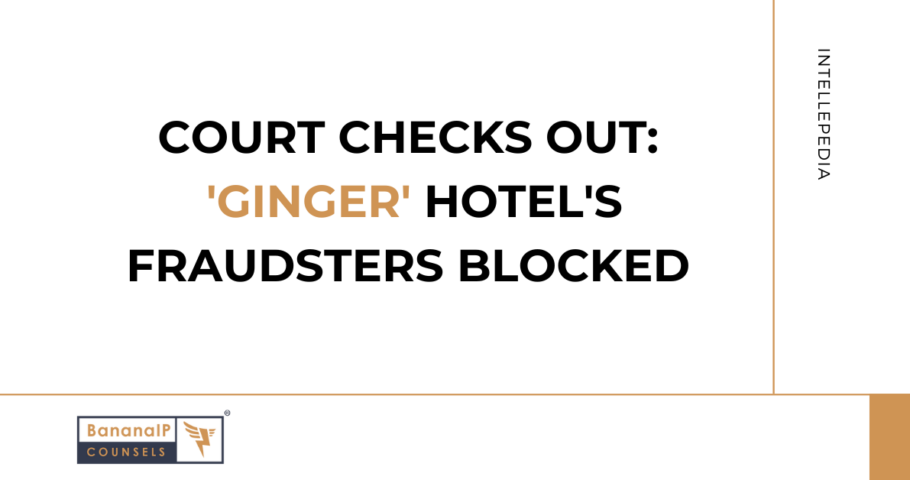The objective of non–voluntary licensing is two-fold. First, to overcome the difficulty of locating the correct owner of the copyrighted work and getting an individual license from him and second is to avoid the creation of monopoly of copyright owners. The result the state looks at achieving from this provision is ensuring public dissemination and authors’ compensation and avoiding market monopoly.
The Copyright (Amendment) Act, 2012 has incorporated a new section into Chapter VI of the Copyright Act, which authorizes the broadcasting organizations to communicate to the public by way of performance of a literary or musical work and sound recording, which has already been published after paying a certain royalty fixed by the Board.
31D. (1) Any broadcasting organisation desirous of communicating to the public by way of a broadcast or by way of performance of a literary or musical work and sound recording which has already been published may do so subject to the provisions of this section.
(2) The broadcasting organisation shall give prior notice, in such manner as may be prescribed, of its intention to broadcast the work stating the duration and territorial coverage of the broadcast, and shall pay to the owner of rights in each work royalties in the manner and at the rate fixed by the Copyright Board.
(3) The rates of royalty for radio broadcasting shall be different from television broadcasting and the Copyright Board shall fix separate rates for radio broadcasting and television broadcasting.
(4) In fixing the manner and the rate of royalty under sub-section (2), the Copyright Board may require the broadcasting organisation to pay an advance to the owners of rights.
(5) The names of the authors and the principal performers of the work shall, except in case of the broadcasting organisation communicating such work by way of performance, be announced with the broadcast
(6) No fresh alteration to any literary or musical work, which is not technically necessary for the purpose of broadcasting, other than shortening the work for convenience of broadcast, shall he made without the consent of the owners of rights.
(7) The broadcasting organisation shall- (a) maintain such records and books of account, and render to the owners of rights such reports and accounts; and (b) allow the owner of rights or his duly authorised agent or representative to inspect all records and books of account relating to such broadcast, in such manner as may he prescribed.
(8) Nothing in this section shall affect the operation of any licence issued or any agreement entered into herewith the commencement of the Copyright (Amendment) Act, 2012.
The shortcomings of Sec 31 D may be read here.
It is interesting to note that till date there have been hardly any broadcasting organisations who have invoked this section. One of the major reasons behind this could be the non-formation of the copyright board and the tariff chart. Another reason which I strongly believe could be the relationship that has been built over the years between the Content owners and the broadcasting organisations.
When our team spoke to few of the industry experts as part of our Young Intellectuals series, this is what we heard:
Interviewer: How do you think the television industry can use the statutory licensing regime for its benefit? There is lot of debate about whether the statutory license provision includes sync rights. What is your view on the matter?
Dominic D’souza: I am of the personal view that no broadcaster would like to take the statutory license route unless left with no option. If and when such an option is exercised broadcasters will primarily need a song to be used as part of their background music during a serial. Therefore, yes, presumably sync rights would be included. However discussions and negotiations are pretty much the norm in the film and television industry and due to a lot of key issues and processes still being streamlined and put into place by virtue of the amended Act, I think the statutory license route is more of an option and may not be used unless talks fail and no other option available.
Interviewer: How do you think the television industry can use the statutory licensing regime to its benefit? There is lot of debate about whether the statutory license provision includes sync rights. What are your views about the same?
Ayan Roy Chowdhary: The purpose of having the statutory Licensing provision was to give effect to Justice Sinha’s judgment that made listening to musical works including Bollywood music a human right, thus entitling radio broadcasters to play sound recordings seamlessly, without going through the extortion of negotiation for broadcast by paying a prefixed consideration for such usage. This was extended to Television Broadcasters as well. In the consultative process that Parliamentary Committee went through, the issue of sync rights were never discussed or brought about for the simple reason that any such separate right would defeat the purpose of statutory licensing itself because then, apart from licensing sound recording and the underlying literary and musical works, broadcasters would also have to pay separately for sync rights negotiation process and that would totally undermine the legislative purpose for statutory licensing.
Authored by Sharada Kalamadi
Contributed by the Entertainment Law Group at BananaIP
For any further information on Entertainment law in India, write to contact@bananaip.com



